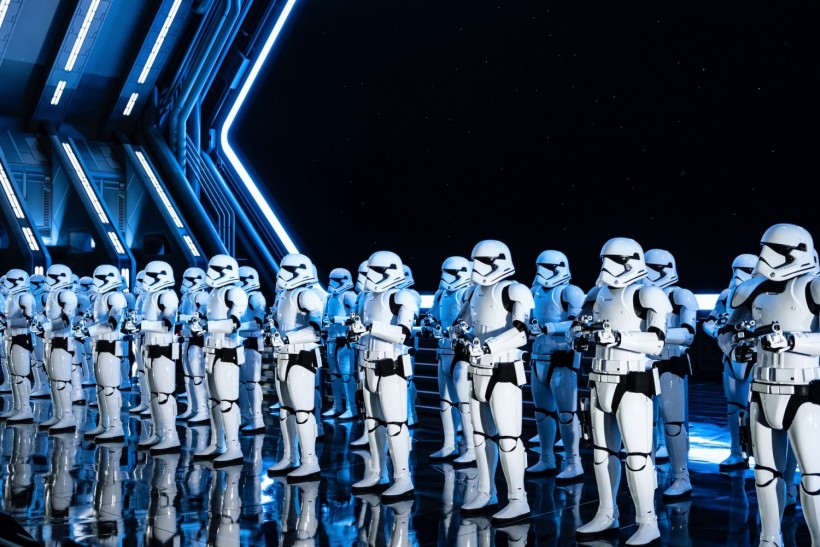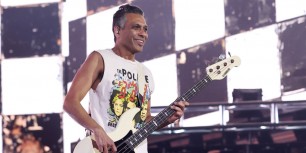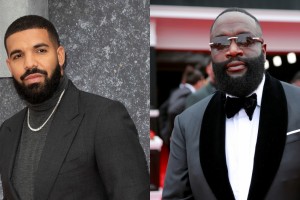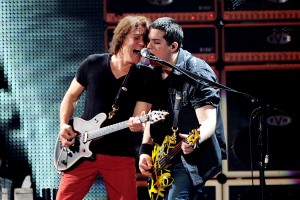
In cinema history, few soundtracks have been as iconic as that of Star Wars. Except for Jaws and possibly Psycho in terms of cultural impact, it only takes a few notes for the familiar opening motif to transport you to a galaxy far, far away. So, how exactly did the success of the score come about? Below, we discuss the making of the Star Wars motion picture soundtrack.
The Making of Star Wars
The beauty of Star Wars was that nothing was as it seemed in the early days. The movie was expected to be a huge flop. PIA's blog piece reported that even Lucas did not think his ideas would transfer to the audience. This was one of the reasons he got such a favorable return on merchandise, which was not even a concept at the time. The younger fans made it a hit, so going into the movie and with a tight budget, Lucas managed to bag one of the greatest composers of the era, John Williams, for the job.
Williams had a sterling resume. He studied at the Juilliard School of Music, then worked under Elmer Bernstein and Henry Mancini. After a string of Jazz albums, he started to work in television, creating music for sci-fi shows of the time. Lost in Space and Land of the Giants both had his music attached to them, and soon Hollywood came calling.
His first few movies were a mix of science fiction and suspense thriller. As this article from Collider explores, there were several high-profile collaborations with Stephen Spielberg, including Jaws and Close Encounters of the Third Kind. This rapport led the director to recommend Williams to Lucas, who gladly accepted.
Recording
The Legacy of John Williams documented that the recording began in Denham, England, on March 5th, 1977, and was completed after eight days. The prestigious London Symphony Orchestra were the chosen performers, who filled the chosen recording spot, Anvil Studios. The session was recorded by engineer Eric Tomlinson, who had worked on soundtracks for the Bond franchise and others. The recording was also attended by George Lucas himself, who produced some of the scoring sessions. The head of 20th Century Foxes music department, Lionel Newman, was also in attendance. Arguably, the most recognizable piece of music in the recording was the main title theme. Inspired by Gustav Holt's Jupiter and a 1942 score for the film Kings Row, this Wagneresque motif would become the theme for the hero Luke Skywalker. The music was released on a double LP. It was decided that track listings would not be in chronological order to add variety. Thus, the main title opened the album and proceeded with the highly iconic Imperial Attack music. As reported on by Sony, this track listing would be kept on many of the subsequent vinyl releases, including the Sony Classical 2016 version and the ones released by Walt Disney Music when it came under their ownership. With the success of the music appealing to cinema-goers and the high standard of composition reaching the classical market, the recording rocketed to number 10 on the US Billboard charts. Over its lifespan, it would become the bestselling symphonic release of all time and pick up a host of accolades from Golden Globes to BAFTAs. The main theme would come to define the soundtrack and the franchise. This was also released as a single, with a B side with music from the Cantina Band. Just as important to the status of the recording have been the personal interpretations done across time and by different artists. In 1977 alone, the disco craze was capitalized on with a version by producer Domenico Monardo. Going by the name of Meco, his former works included tracks for Gloria Gaynor and remixing of other movie classics. When the film was released, he became a fanatic. This led to his album "Star Wars and Other Galactic Funk." There would be plenty of other releases, notably a CD version of 1986. In 1993 a sprawling anthology was released, featuring tracks and versions not heard before by the general public. While Star Wars would continue into television in the streaming era and various composers would take the reigns, the themes in this original soundtrack still sound fresh and remain the most important piece of music in cinema history. 
The Original Release
* This is a contributed article and this content does not necessarily represent the views of musictimes.com













